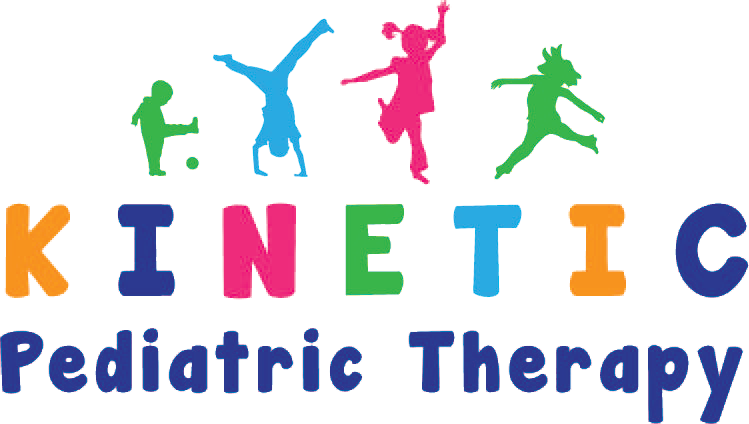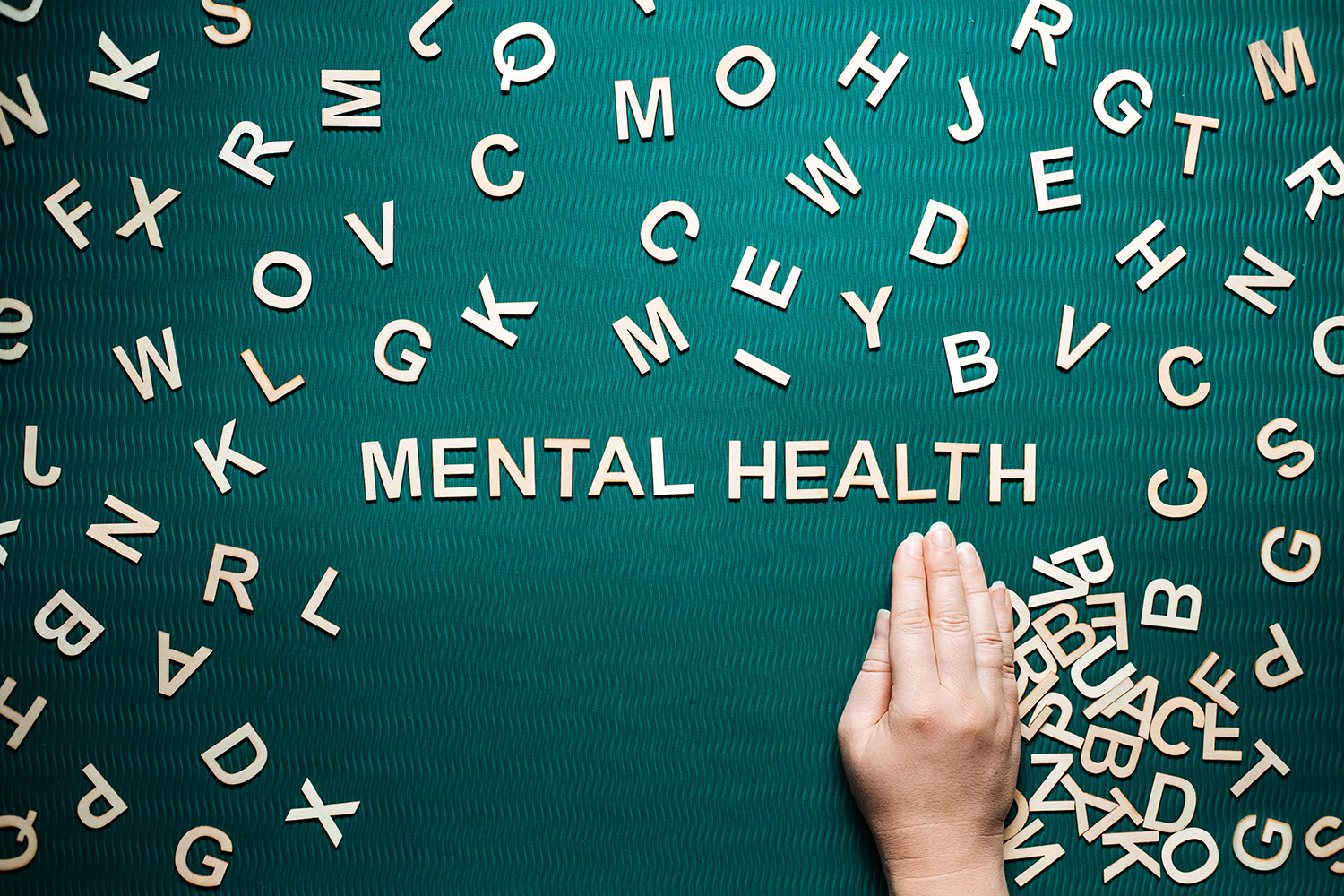
How Behavioral Therapy in Schools Can Shape a Child’s Future
The Importance of Early Intervention:
In the realm of education, addressing behavioral issues early on can profoundly influence a child’s trajectory. Early intervention through behavioral therapy is a powerful tool in schools, designed to support children who exhibit behavioral challenges or developmental delays. This approach not only addresses immediate concerns but also sets the stage for long-term academic and social success. In this blog post, we will delve into the significance of early behavioral intervention in schools, exploring its benefits and sharing real-life success stories that highlight its transformative impact.
Behavioral Therapy in Schools - Understanding Early Intervention
Behavioral therapy in schools aims to address a range of behavioral issues, from ADHD and anxiety to more complex conditions such as autism spectrum disorders. Early intervention involves identifying and addressing these issues at a young age, often before they escalate into more severe problems. The goal is to provide children with the tools and strategies they need to manage their behaviors effectively, thereby improving their overall quality of life and academic performance.
Benefits of Early Behavioral Therapy in Schools
Improved Academic Performance
Early behavioral therapy in schools and intervention helps children develop better focus, organization, and study habits. For example, a student with ADHD who receives behavioral therapy might learn techniques for managing their impulsivity and staying on task. This, in turn, can lead to improved academic performance, as the child is better able to concentrate during lessons and complete assignments efficiently.
Enhanced Social Skills
Behavioral therapy often includes components that focus on social skills development. Children learn how to interact appropriately with peers, understand social cues, and manage conflicts. These skills are crucial for forming positive relationships and navigating social situations effectively. For instance, a child with social anxiety might receive guidance on initiating conversations and participating in group activities, which can significantly boost their confidence and social engagement.
Reduction in Behavioral Problems
Addressing behavioral issues early can prevent them from becoming entrenched patterns. Behavioral therapy equips children with coping mechanisms and strategies to manage their behaviors, reducing the likelihood of disruptive incidents in the classroom. For example, a child with a tendency towards aggression might learn anger management techniques, leading to fewer conflicts with peers and a more positive classroom environment.
Increased Self-Esteem
Success in managing behavioral challenges can greatly enhance a child’s self-esteem. When children see improvements in their behavior and receive positive reinforcement, they develop a greater sense of self-worth. This boost in self-esteem can motivate them to engage more fully in their education and social interactions, creating a positive feedback loop of growth and confidence.
Long-Term Positive Outcomes
The benefits of early behavioral intervention extend beyond the classroom. Children who receive support early are more likely to develop healthy coping skills, emotional regulation, and problem-solving abilities. These skills are invaluable as they grow older, contributing to better life outcomes and reduced risk of future mental health issues.
Early intervention through behavioral therapy in schools is a crucial element in shaping a child’s future. By addressing behavioral challenges at a young age, we can set children on a path to academic success, positive social interactions, and enhanced self-esteem. The real-life success stories of Jamie, Emily, and Ethan illustrate the profound impact that early behavioral intervention can have, demonstrating how targeted support can lead to lasting positive outcomes.
Investing in behavioral therapy early on not only benefits individual students but also contributes to a healthier and more supportive school environment. By prioritizing early intervention, schools can empower children to overcome obstacles and reach their full potential, ensuring a brighter and more successful future for all students.
Please Share




